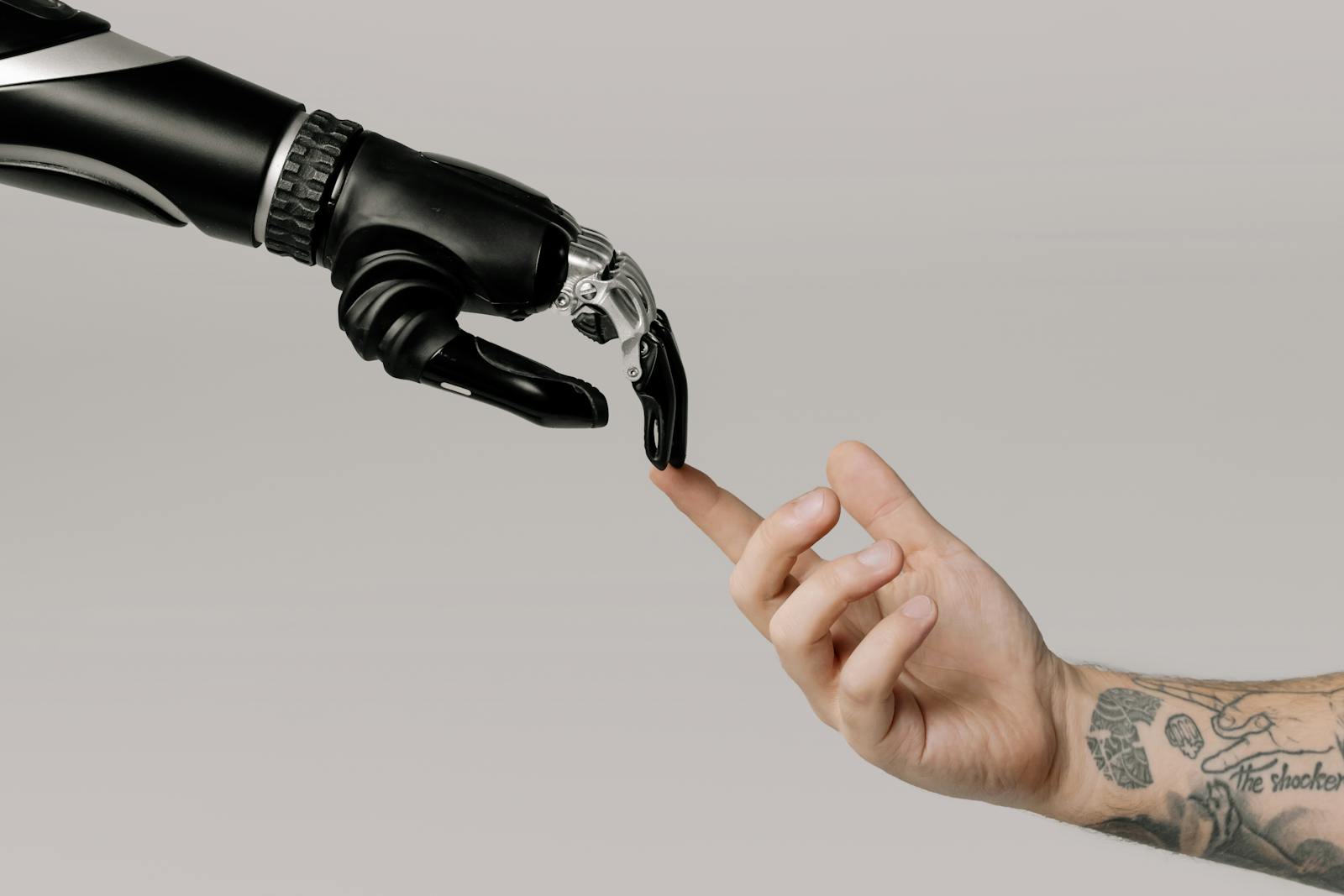Physical Address
Ottawa ,ON, Canada
Physical Address
Ottawa ,ON, Canada

Artificial Intelligence is reshaping daily life, but with innovation comes responsibility. This post explores the ethics of artificial intelligence in 2025, from bias and privacy to accountability, and why building responsible AI is crucial for a fair and trustworthy future.
The ethics of artificial intelligence 2025 is one of the most urgent discussions in today’s tech world. As AI systems become more embedded in healthcare, hiring, law enforcement, and everyday life, the need for fairness, privacy, transparency, and accountability has never been greater. This article explores the key ethical issues surrounding AI in 2025 and why addressing them is critical for a trustworthy digital future.
AI is no longer just a futuristic concept; it directly impacts society today. From making decisions in job applications to shaping medical diagnoses, artificial intelligence affects real human lives. Without ethical guidelines, AI can unintentionally cause harm, amplify discrimination, or erode public trust.
Learn more about global initiatives at UNESCO’s AI Ethics Program.
Bias in AI is one of the most pressing challenges in the ethics of artificial intelligence 2025. Machine learning models trained on skewed or incomplete data risk reinforcing existing inequalities.
Examples:
✅ Ethical solutions include using diverse datasets, bias detection tools, and transparent reporting of training processes.
AI development often requires massive amounts of data. Without strong safeguards, this raises questions about consent and data security.
Regulations like GDPR in Europe and Canada’s Digital Charter (Bill C‑27) aim to protect individuals, but developers must go further with anonymization, encryption, and clear user consent.
Many AI systems operate as “black boxes,” providing results without clear explanations. In the ethics of artificial intelligence 2025, transparency is vital.
Why it matters:
👉 Techniques like LIME and SHAP can help make AI more explainable. Learn more at PyTorch.
Automation through AI continues to transform the workforce. While AI increases efficiency, it also threatens jobs in logistics, customer service, and even creative fields.
Ethical considerations include:
When AI causes harm, responsibility can be unclear. Was it the programmer, the company, or the user? The ethics of artificial intelligence 2025 demands clear accountability frameworks.
Steps forward:
For a global framework, see the OECD AI Principles.
👉 Check our AI Tools Directory for trusted and ethical AI solutions.
👉 Learn about the hardware needed in our guide: Best Laptops for AI Development in 2025.
The ethics of artificial intelligence 2025 is not just a theoretical conversation; it’s a practical necessity. From bias and privacy to accountability and job impact, these ethical issues shape how technology influences our future. By staying informed and demanding responsible AI, we can build systems that are fair, transparent, and human‑centered.